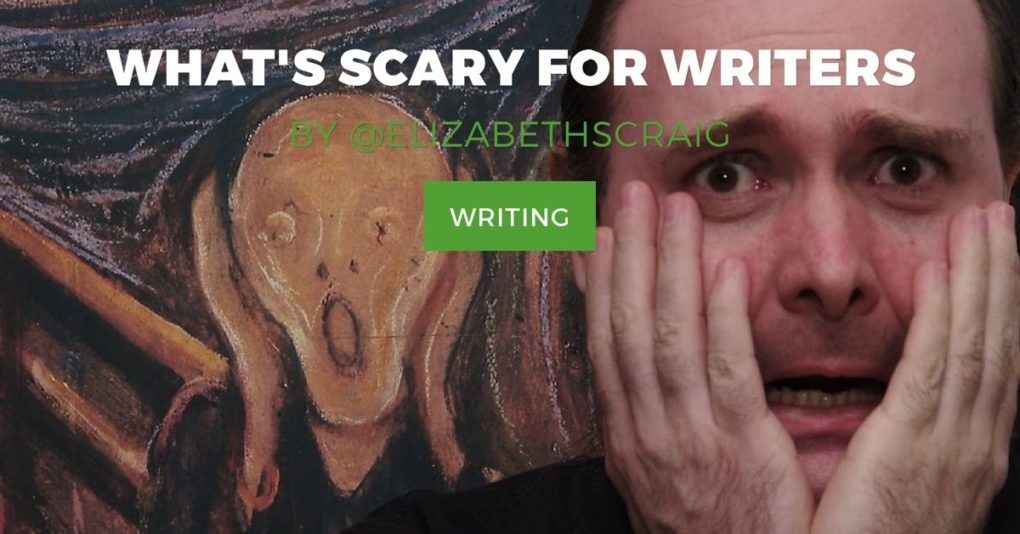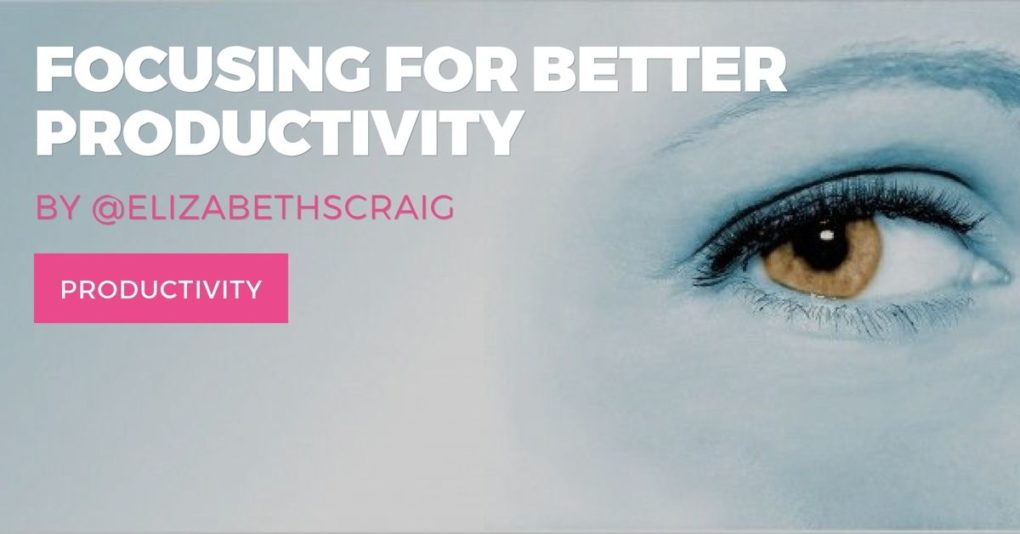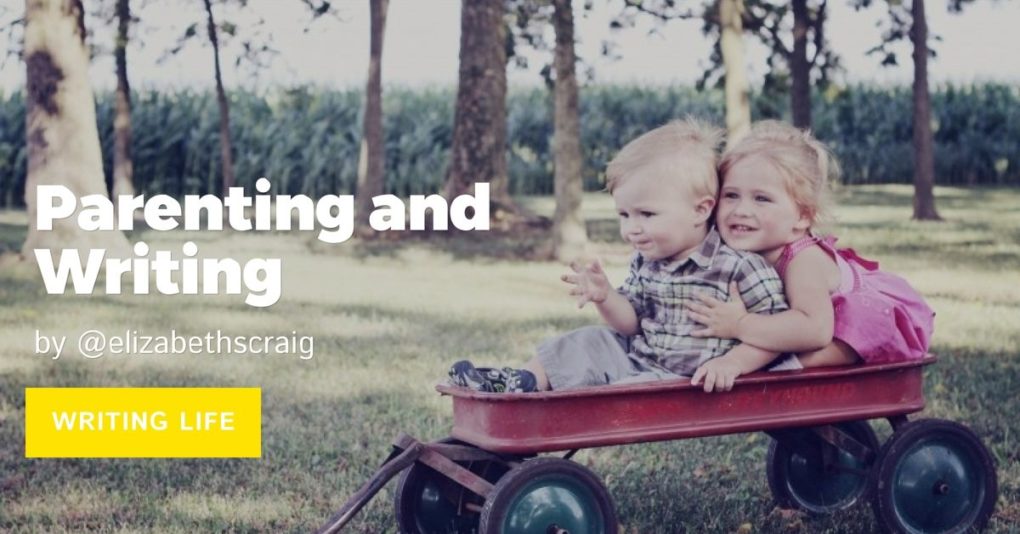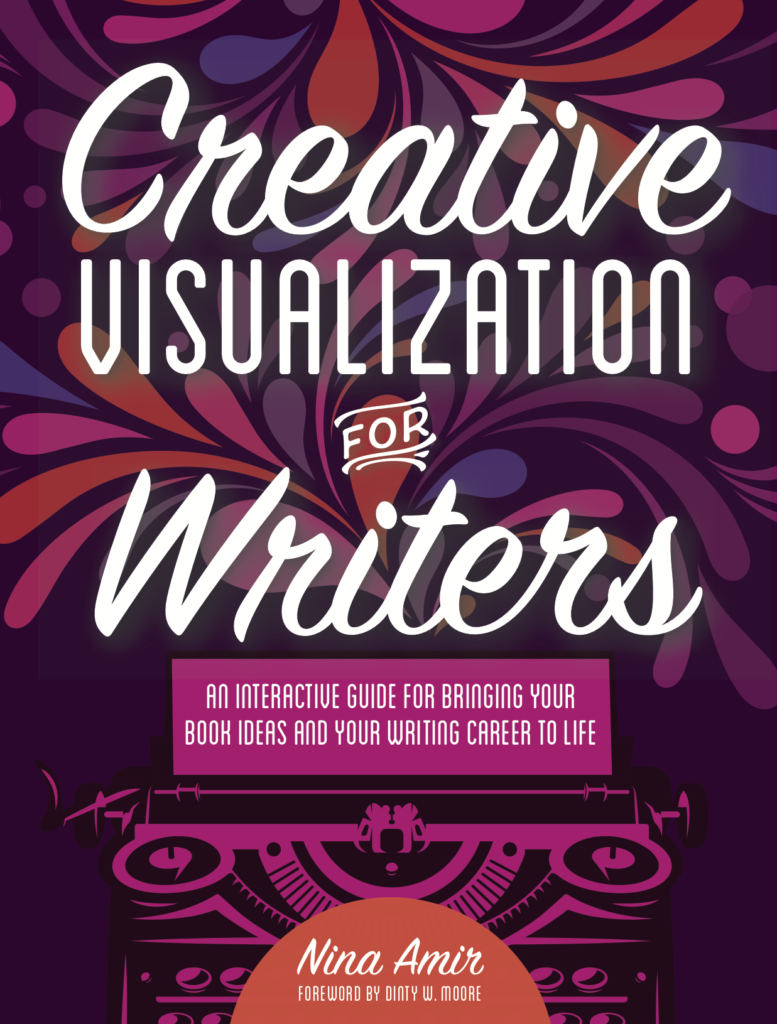
by Elizabeth S. Craig, @elizabethscraig
It’s Halloween, the perfect time to mull over fear.
I read a lot of really scary stuff online. None of it has to do with monsters, either. There is a lot of both advice and just negative blanket statements out there for writers to deal with–most of it well-intended, but some of it ultimately unhealthy for writers.
Here are a few examples of the scary statements and advice that writers hear:
Reading is losing to the competition, especially to social media and gaming.
True. But, if you think about it, people are actually reading more, I think, than they used to. When I was growing up, everyone was watching TV and on the landline phone. Now they’re reading–it just happens to be micropublishing. They’re reading Facebook posts, blog posts, Twitter posts, text messages. But everyone is reading–and writing–more. Instead, consider experimenting with online writing platforms like Wattpad.
There is a ‘wall of content’ for writers to compete with.
Yes. But what’s our ultimate goal? If it’s writing for a large audience, we may have to make shrewd sacrifices to make our stories stand out. Possible solution: make sure our book stands out with an excellent cover and editing. If commercial success is important, write more in line with the market.
Write first thing in the morning before checking email, social media, or doing anything else.
I personally ascribe to this one. But I live with people who are not morning people. This method would not work for them or for many people. Instead, write whenever you hit your creative peak each day.
Outlining is the best method for professional writers. If you’re not an outliner, you may feel that you’re not working as productively as other writers. But whatever works for you is the best method for you. Only re-evaluate if your writing isn’t going as well as you’d like.
Adverbs are to be avoided at all costs. They have their uses. Maybe you just need to evaluate if you’re leaning too heavily on them in your project.
Traditionally published writers get marketing help and support. Unless you’ve written a blockbuster, the marketing most writers receive is simply bookstore placement and a mention in the publisher’s catalog.
Show don’t tell. This advice works well sometimes and not so well at others. If you’re wanting to increase pace and develop tension quickly (an action scene, for example), then you’ll want to tell instead of show. More on this from editor Linda S. Clare.
An interest in making money means you’re not a serious artist. As far as I’m aware, even artists have to eat sometime. I think it’s valuable creating books that encourage people to read (and to pay for the entertainment).
Traditionally published writers make more money than self-published writers. Some of them may. My own experience didn’t corroborate this statement.
Writers need long periods of time to focus on their writing. For some writers, there’s never a perfect time to write; there’s never a time when they couldn’t be doing something else important. Sometimes writing in short segments of time, finding 10 or 15 minutes at a time, is the best way to accomplish a writing goal.
Writers write when they hear the Muse speaking to them. Many writers never feel particularly inspired to write but sit down and make the inspiration happen as they go.
Do you hear any advice or blanket statements on the market that make you feel uncomfortable? Which ones did I miss?
Photo credit: source via VisualHunt / CC BY-NC-SA





